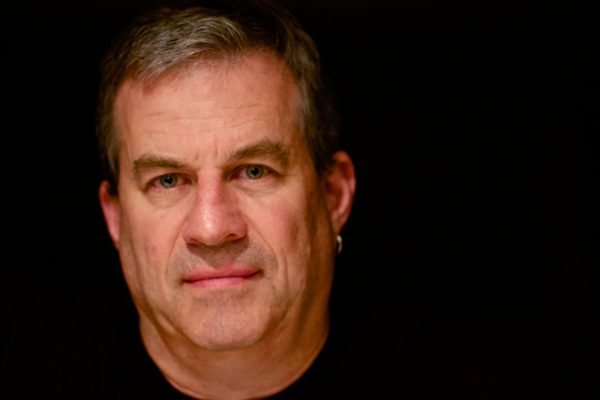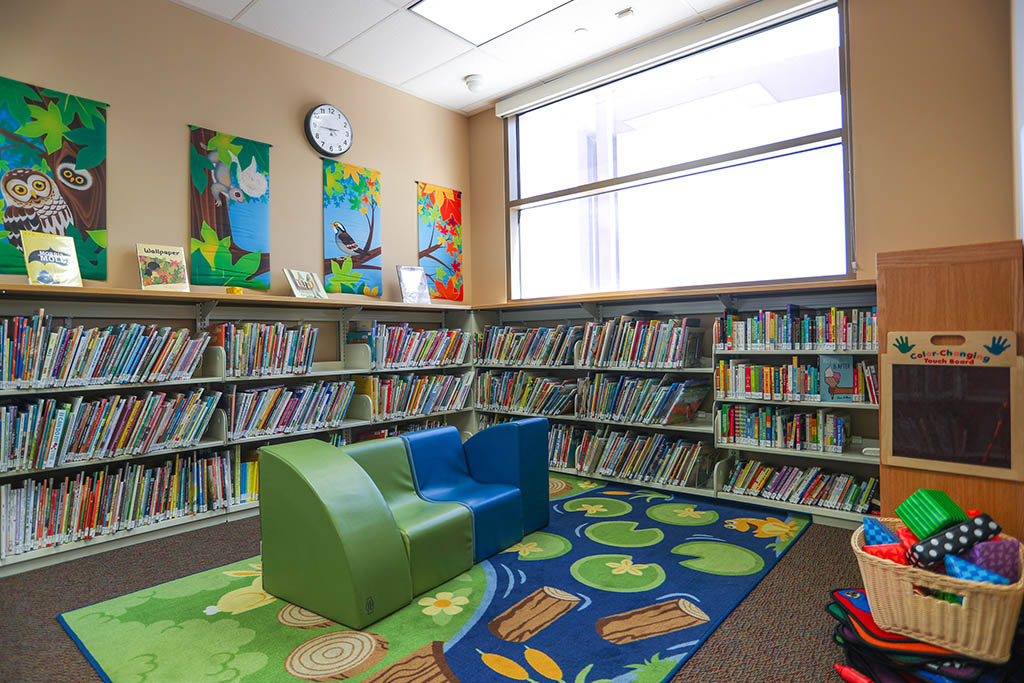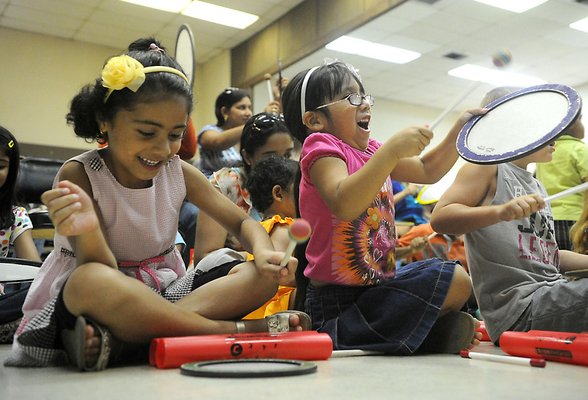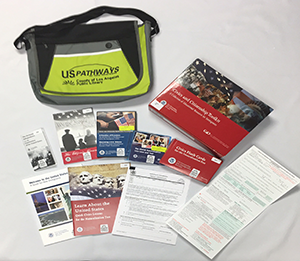Introduction
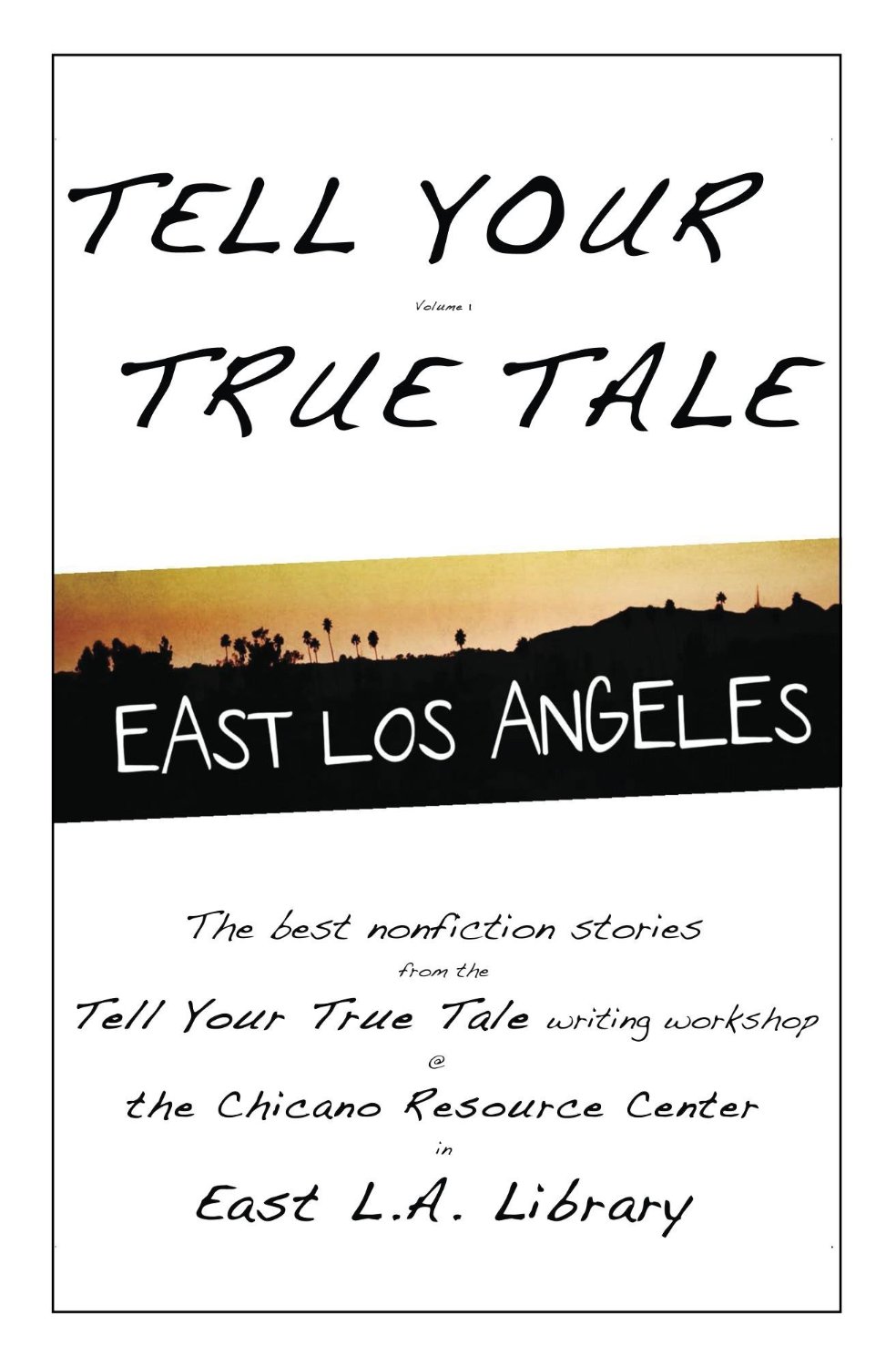
I wouldn’t have blamed Daniel Hernandez for being skeptical. Daniel is the director of the Chicano Resource Center at the East L.A. Library, run by the L.A. County Library system.
Over the summer of 2013, he and I were talking about a speech I was to give at his center on my two books of nonfiction stories about Mexico and Mexican migration.
But then I veered off topic. How about a writing workshop to go along with it?
I’d been giving my workshop, Tell Your True Tale, to classes at high schools and community colleges for a few years by then. I had 50+ stories up on my website (www.samquinones.com).
I designed the workshop to demystify writing. I get people writing stories from their own lives, or those of people close to them. I told Daniel I found this an effective way to teach some of the basics of storytelling, of getting people to begin to think like writers while, just as important, getting them energized to write.
From there, I said, I focus on interviewing, on finding the details that propel a story forward, on the importance of editing and rewriting, of finding a strong beginning and an even stronger ending.
The TYTT goal, I told him, is true stories that read like fiction.
Every workshop I’d done had gone very well, but they’d all been in classrooms.
I’ve been a storyfinder and storyteller most of my adult life. I was hankering to do a workshop far from the classroom.
East L.A., I figured, had to be packed with people – nonstudents, working people, family folks — who had stunning stories to tell, but who might not recognize them as such, might not know how to get them started, and might be intimidated when it came to writing them.
Bless Daniel Hernandez’s heart, he agreed.
We figured we’d try an experiment. We’d advertise that I was to give a writer’s workshop for people who wanted to get moving on a writing project but didn’t know how, or wanted to improve something they’d already done.
Nothing like it had been tried at the library, as far as Daniel knew. But why not? Libraries need to become centers for conversation about writing and storytelling. They need to bring new people in.
Would anybody come? Would the stories be worth reading if they did? We didn’t know.
I’m a fan of Chalino Sanchez, the legendary slain corrido singer, whose life story I told in my first book. Chalino promoted his own cassettes by taking them around to bakeries, butcher shops and swap meet vendors – a very DIY fellow, Chalino was.
So, like Chalino, I took posters around and put them up in the windows of bakeries, a grocery store, East LA College, and a café or two. I put them on walls on Cesar Chavez Boulevard, and wrote to several blogs and ELAC instructors.
At my speech in early November, we promoted the workshop, urging people to attend.
Then I figured we’d done what we could. I waited for the day to arrive.
Ten writers attended that first Saturday, as curious as I was about how this was going to work. We sat together under the dome in the Chicano Resource Center as I explained the project. There were questions, doubts maybe. A few faded away. But very quickly the writers who stayed found what I thought they’d find: amazing stories in their own lives, and the lives of people close to them.
They set about writing them as we met to talk out the stories. How they might start them, end them. What new information they needed. How to pare them to the essentials and thus unleash their true power. I edited them, then I edited them again. They rewrote their stories – because writing is really rewriting.
The results, a couple months later, are fantastic. From these first-time authors come stories of some of East L.A.’s working- class icons: A vet, a janitor, braceros, a bus rider, a mariachi, an anxious lover separated by a border.
Andrew Ramirez tells about what happened to his father in Vietnam and, at the same time, what was happening to his father’s family back in Los Angeles.
Celia Viramontes recounts the story of her grandfather, a bracero, and the simple act of kindness that it took to lift his spirits when they were at their lowest, and he was far from family.
Jacqueline Gonzalez-Reyes finds a poignant tale in an afternoon with a janitor.
Joanne Mestaz has a story of an encounter with two strange folks and life on the bus.
Manuel Chaidez writes the story of how he met his future wife, and gained a confidence he never knew he had.
Diego Renteria is a former mariachi with a tale about an unforgettable gig at a family’s house on Christmas Eve in South Gate.
Olivia Segura tells us the story of her father, a bracero returned to Mexico City, encountering his own estranged father when he was least expected, and most needed.
The stories in this book are the best to come out of the workshop. They’re beautiful tales, simple and thus powerful – just the kind I hoped would come from the experiment.
We’re looking to expand the workshop, find more funding and other venues for it.
Meanwhile, enjoy these, in the first volume of Tell Your True Tale.
Then come write your own.
Sam Quinones


